There are wounds that never fully close. They remain tender beneath the scar, reminders of violence that was not only physical but existential. On a December evening in 2010, on the shores of King’s Beach in Port Elizabeth, Andy Kawa was cast into such a wound. What unfolded was more than an assault on her body; it was an assault on her dignity, her promise, her future.
And yet, here she stands. Not unscarred, not unbroken, but victorious. After fifteen years of struggle, of appeals and reversals, of institutions shrugging off their duty, Andy Kawa has forced the state itself to recognize what was long denied: that her harm was real, that her loss was immense, that her voice matters.
This is no ordinary settlement. It is resurrection. Not the erasure of pain, but the vindication of humanity.
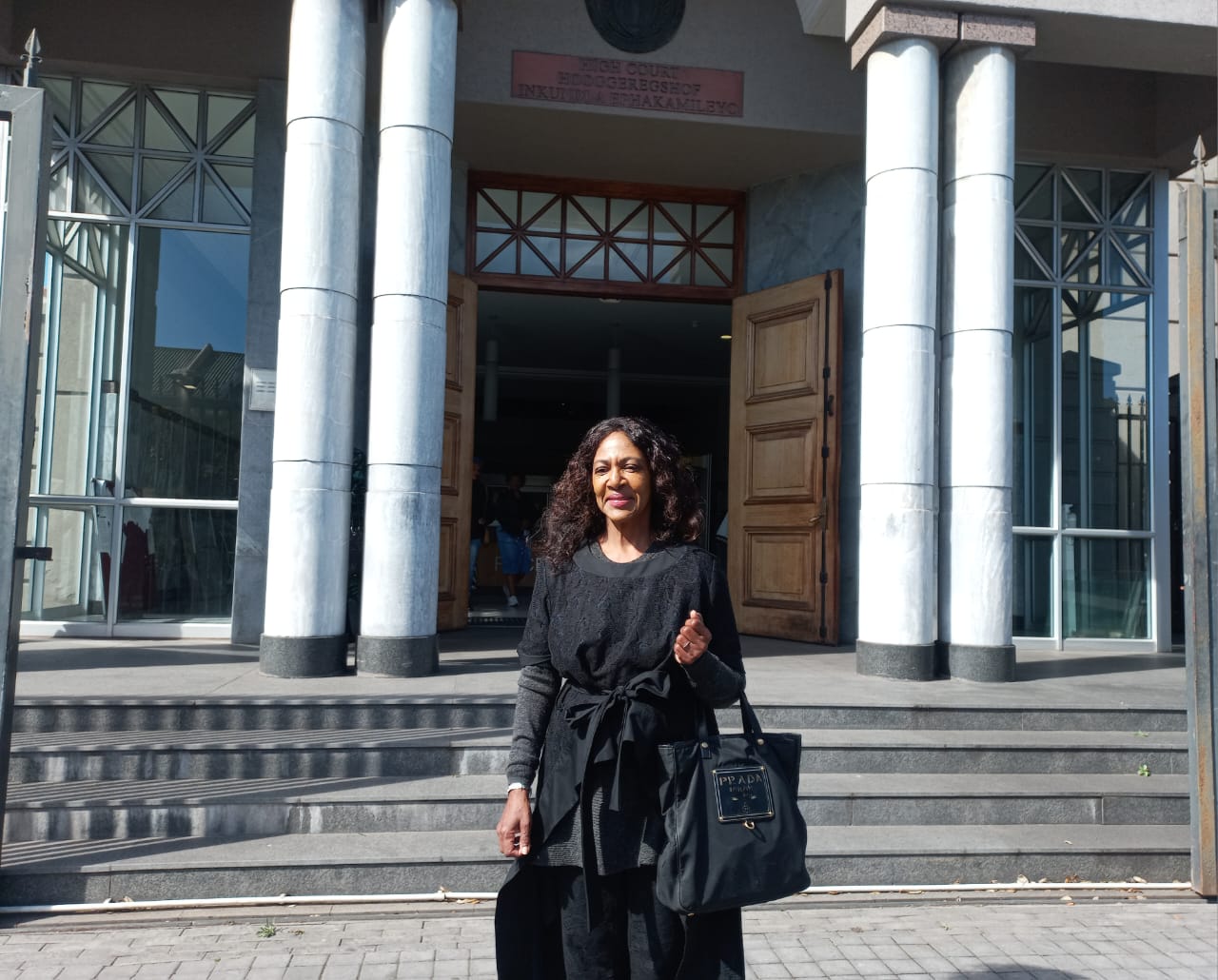
A Daughter’s Vigil
Andy did not walk this path alone. At her side stood her daughter, Celi. She was supposed to be living her own life, carving her future from the opportunities of her time. She had been admitted to Wharton, among the most coveted of business schools. Celi had been an accepted Solicitor in England and Hong Kong, had received offers from the top three Consulting Firms around the world. But she chose differently. She chose to tether her life to her mother’s pain.
Celi gave her twenties and thirties to this cause. She chose courtroom corridors over classrooms, trauma over textbooks. She accompanied Andy through each setback, each appeal, each reopening of the wound. If Andy bore the public burden, Celi bore the private one. The long silences, the deferred dreams, the sacrifice of youth.
What they achieved is therefore not Andy’s alone. It belongs to them both, a testament to the resilience of women who refuse to surrender one another to despair.

The Wilderness Years
For most survivors of sexual violence, the battle is internal, the reconstruction of a shattered self in the privacy of one’s soul. For Andy, it became public. She was forced to wage war not only against her attackers but against a justice system that met her pain with indifference.
The police failed her, dismissing her trauma as inconvenience. The courts stretched her case across a decade and a half, as though justice were an endurance sport. Friends fell away, uncomfortable with a struggle that had no end date. Career opportunities evaporated. The builder of businesses, the driver of empowerment initiatives, found herself building instead a fortress of survival.
She called those years her wilderness. And yet, even there, she discovered a deeper well. She birthed the Kwanele-Enuf Foundation, insisting that her suffering would not be solitary but catalytic. On stages across South Africa, she spoke, not for pity, but to stir a nation from its stupor.
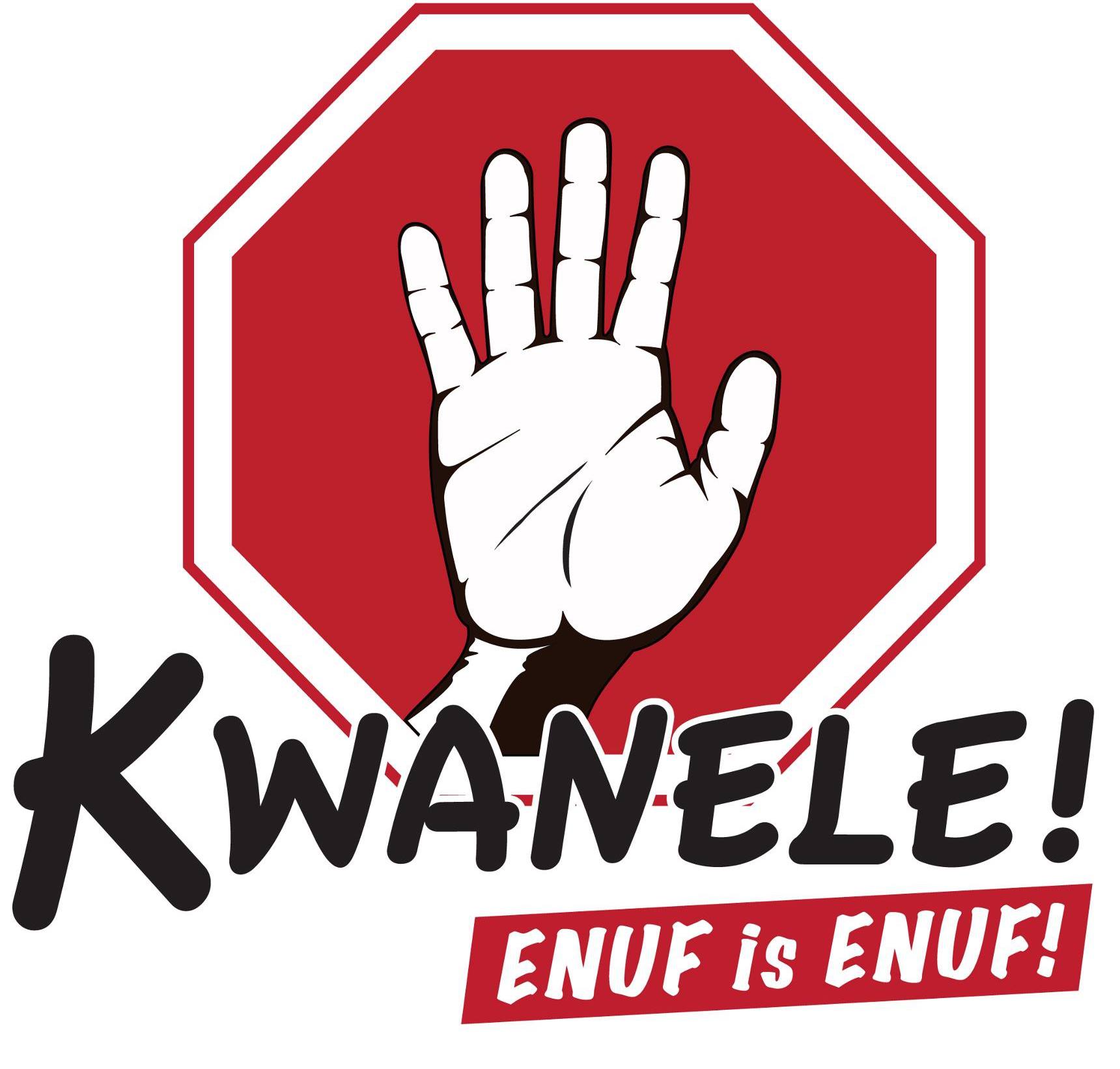
The Long Road to Recognition
The courts gave and took. In 2018, the High Court ruled in her favour, affirming police negligence. Later, an appellate court overturned that judgment, an erasure as cruel as the crime itself. But Andy persisted, pressing forward to the highest court in the land.
In April 2022, the Constitutional Court spoke with rare clarity: the police bear a constitutional duty to respond with diligence to gender-based violence. It was a ruling that reverberated far beyond Andy’s name. It declared, at last, that survivors are not merely complainants; they are citizens with rights enforceable against the state itself.
But even after victory at the summit, the journey wound on. The so-called “quantum” phase began. Endless calculations of therapy bills, lost earnings, directors’ fees, foregone opportunities in Black Economic Empowerment transactions. As though dignity could be tallied on spreadsheets.
This is where the paradox of justice lies: the law must translate pain into numbers. Yet for Andy, it was never about enrichment. It was about recognition. The acknowledgment that her life was derailed, not by fate, but by violence and neglect.

Recognition as Justice
What does recognition mean? It means that after fifteen years of being doubted, delayed, diminished, Andy has finally been seen. Recognition is not the size of a cheque. It is the state admitting: we failed you, and in failing you, we deepened your wound. Recognition restores dignity. It transforms a survivor from object to subject, from statistic to story, from footnote to voice.
Andy has vowed to reinvest part of the settlement into Kwanele-Enuf. She remains committed not to comfort but to cause. Her victory is not an end but a beginning, a resource to protect others from walking her same wilderness.
The Second Pandemic
South Africa lives with two pandemics: one of disease, the other of gender-based violence. The second is older, more pervasive, more lethal. Every day, women are raped, beaten, killed. Every day, cases are dismissed or delayed. Every day, survivors watch the machinery of justice grind slowly, if at all.
Andy’s case slices through the numbness of statistics. It is one name, one face, one relentless pursuit. And because it prevailed, it becomes a beacon. It tells other women: you are not invisible. Your pain matters. Your dignity matters. You can make the state itself listen.
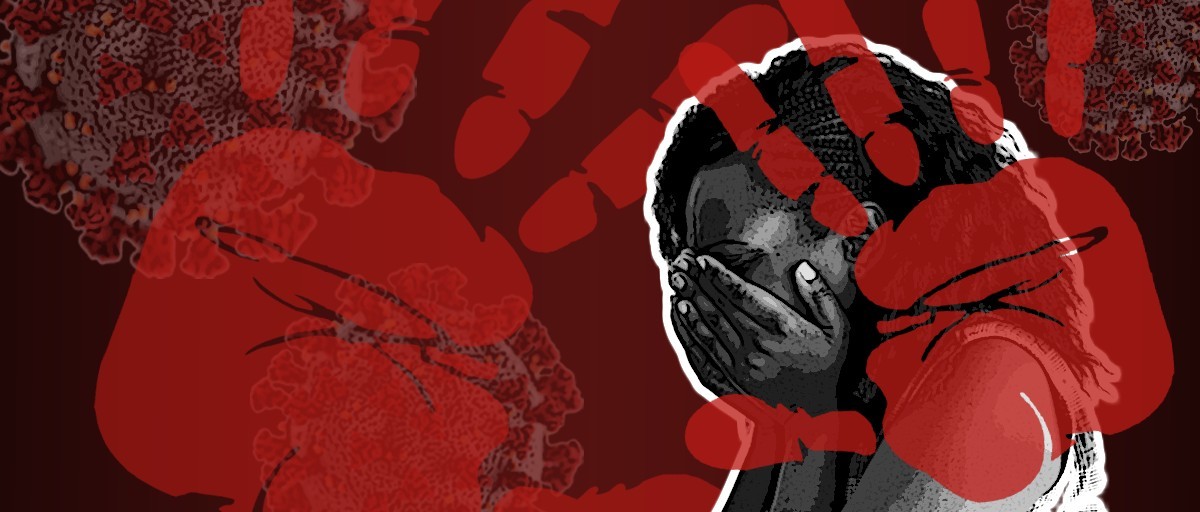
The Economic Cost of Silence
There is another layer to Andy’s victory — one that should unsettle boardrooms as much as it unsettles courtrooms. When a woman of Andy’s caliber is driven out of leadership by trauma, the loss is not only personal. It is national.
Every sidelined survivor is also a lost leader, a muted innovator, a silenced entrepreneur. Gender-based violence is not only a moral crisis; it is an economic one. It disrupts pipelines of empowerment. It robs corporations of diversity. It robs communities of vision.
Andy’s case forces us to count that cost. To ask how many women never made it to the boardroom because they were trapped in the courtroom. To ask what South Africa loses every time violence drives potential into silence.
The Law Moves, Slowly
Law is often described as glacial, grinding slowly through precedent and procedure. But every so often, a case shifts its course. Andy’s case is such a turning. By affirming that the state has a constitutional duty to act diligently in matters of gender-based violence, the Constitutional Court placed survivors at the centre of the legal order.
It means the police can no longer plead incompetence. It means the state is accountable not just for punishing perpetrators but for preventing violence, for responding with urgency, for honouring the dignity of women. It is a precedent that could reshape not only gender-based violence cases but the very culture of policing.
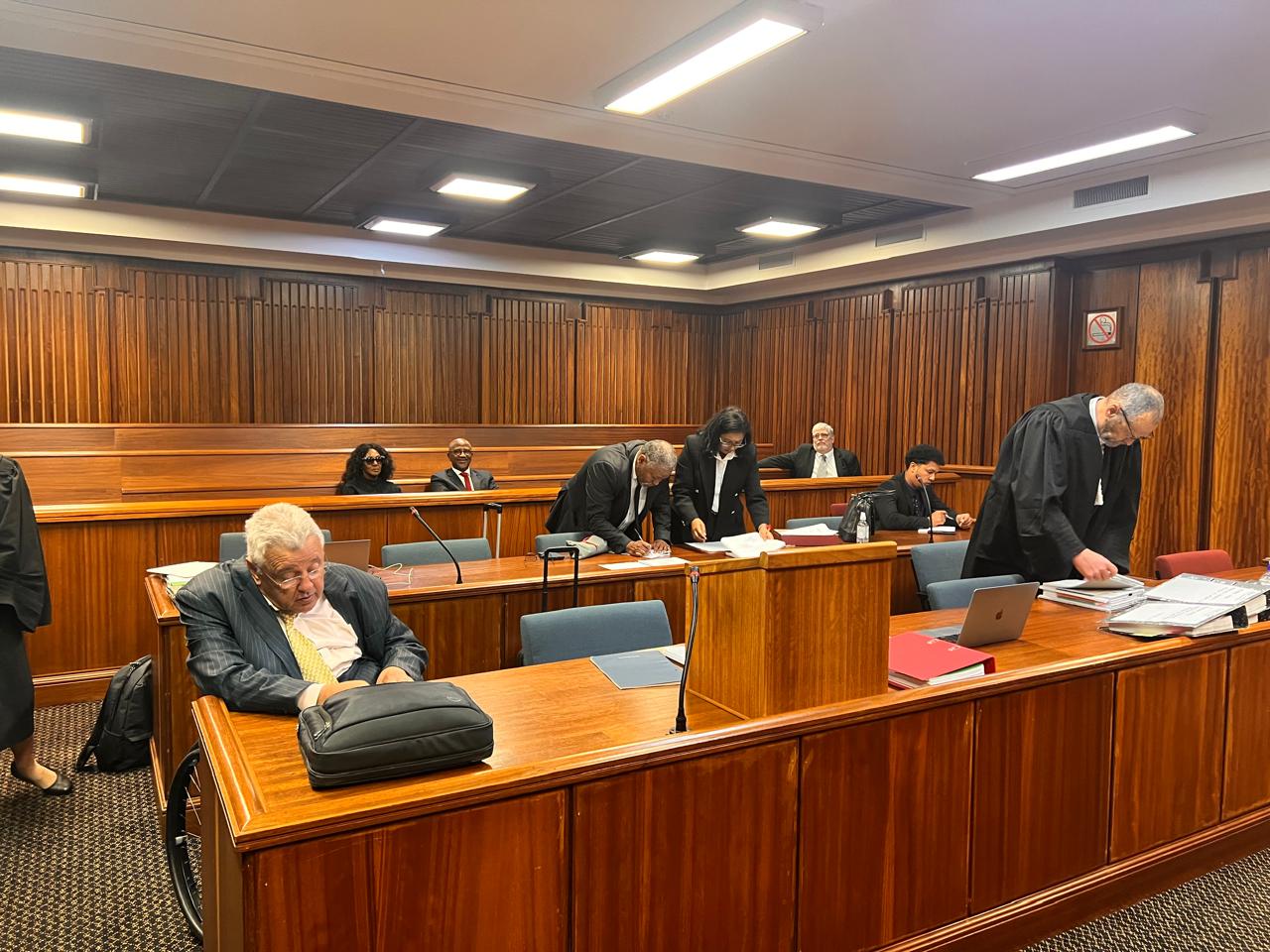
Legacy Beyond the Courtroom
Andy’s victory is not private. It is a collective inheritance. Through her, the law now carries a sharper edge. Through her, the state can be held to account. Through her, other women will find language, precedent, courage.
And Andy herself? She does not claim this as triumph for triumph’s sake. She claims it as resource, as seed, as covenant. Through Kwanele-Enuf, she will continue to transform recognition into protection, pain into policy, wilderness into way.
Enough
There is a word that rises again and again in Andy’s story: Kwanele. Enough. Enough of violence. Enough of neglect. Enough of a society where women must barter their lives for justice.
Andy’s struggle is proof that change does not arrive by waiting. It arrives through relentless courage, through sacrifices borne by daughters and mothers, through persistence that survives despair.
South Africa is not yet healed. Women still live in fear. The statistics still read like war reports. But Andy Kawa has forced open a door. She has shown that dignity can be demanded, that justice can be wrung from reluctant hands, that recognition can be won.
Her story is not only her own. It is ours. It is the nation’s. It is the mirror held up to our indifference.
And in that mirror, one message shines with unbearable clarity: Kwanele. Enough.
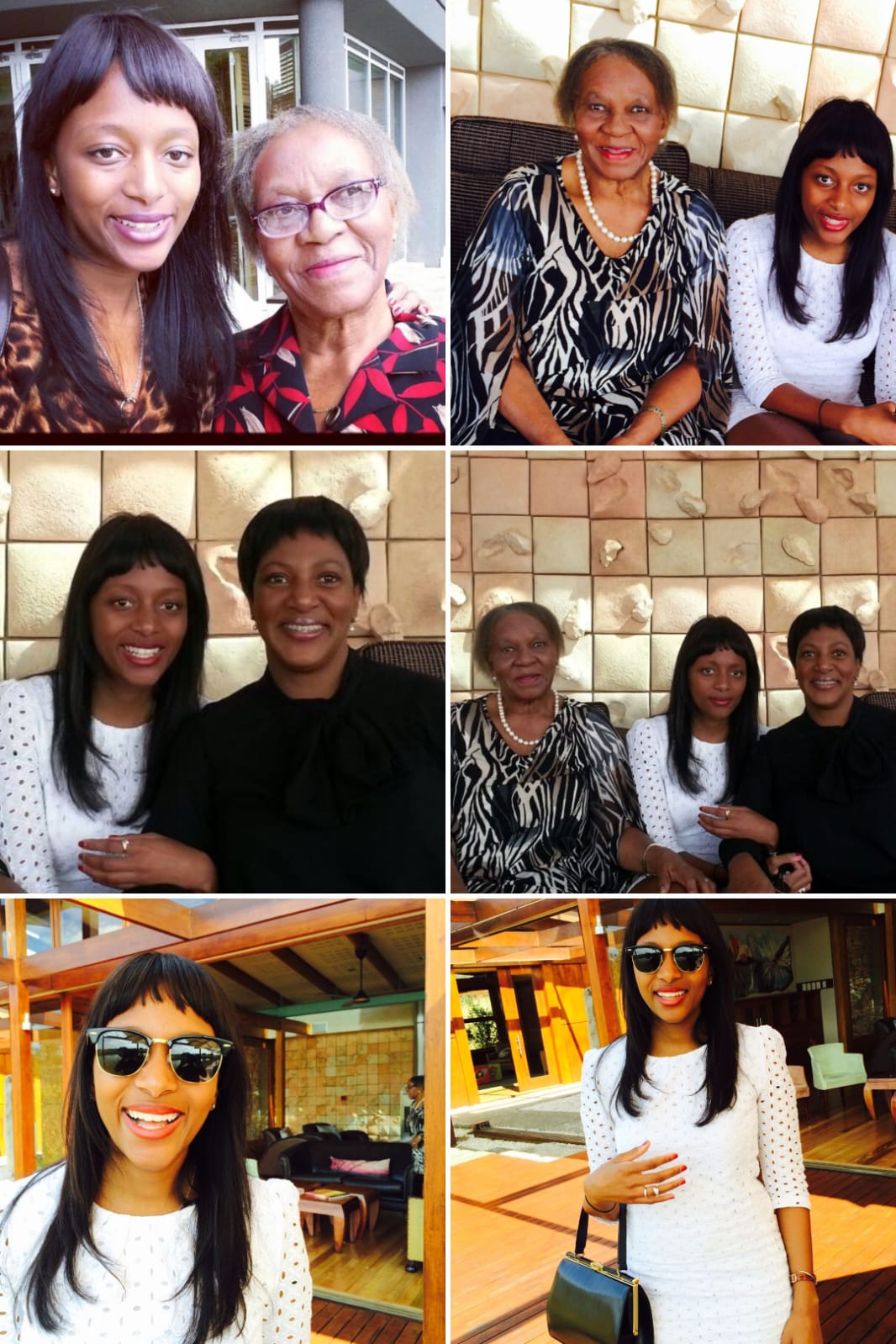

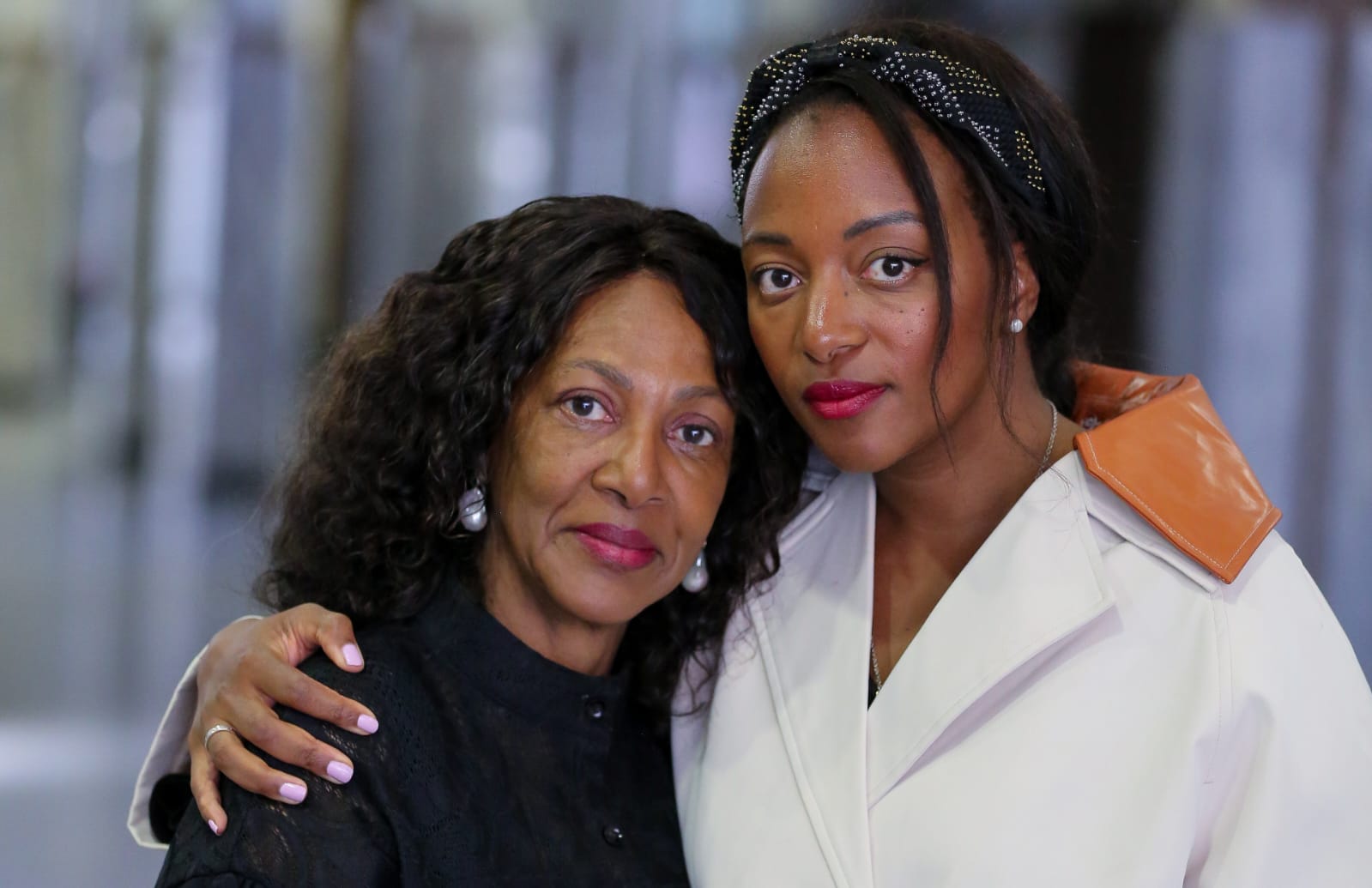


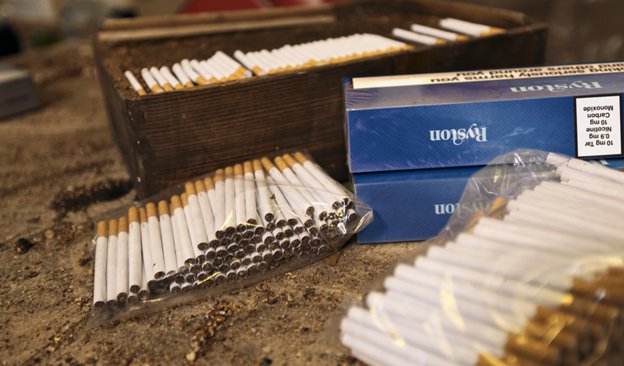
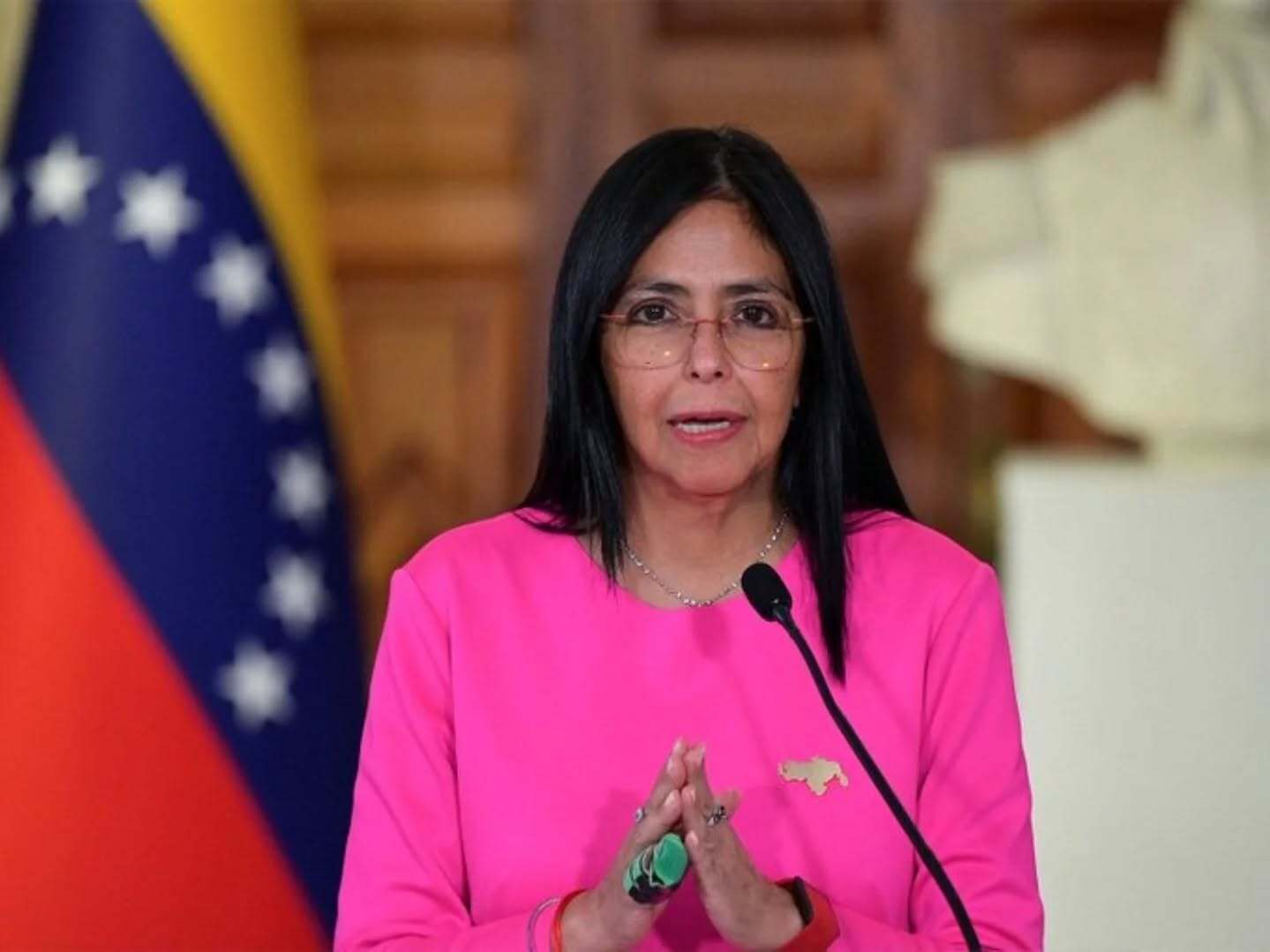
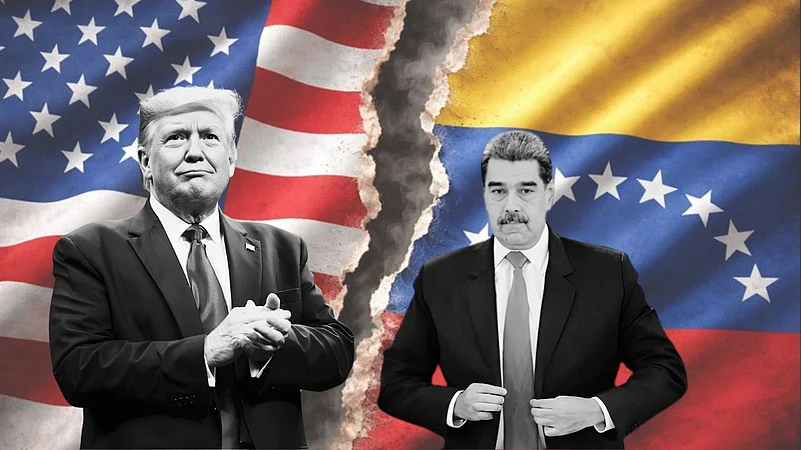
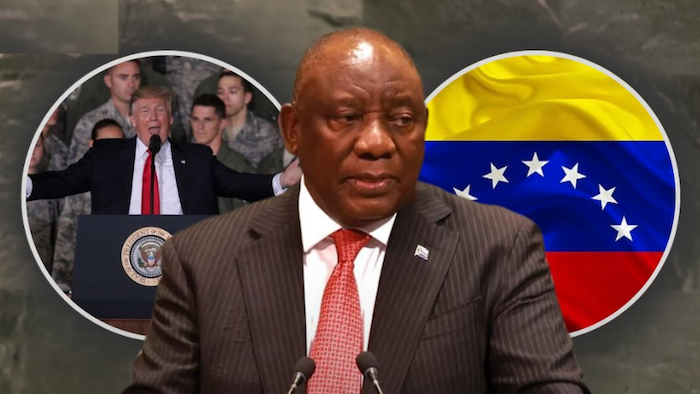

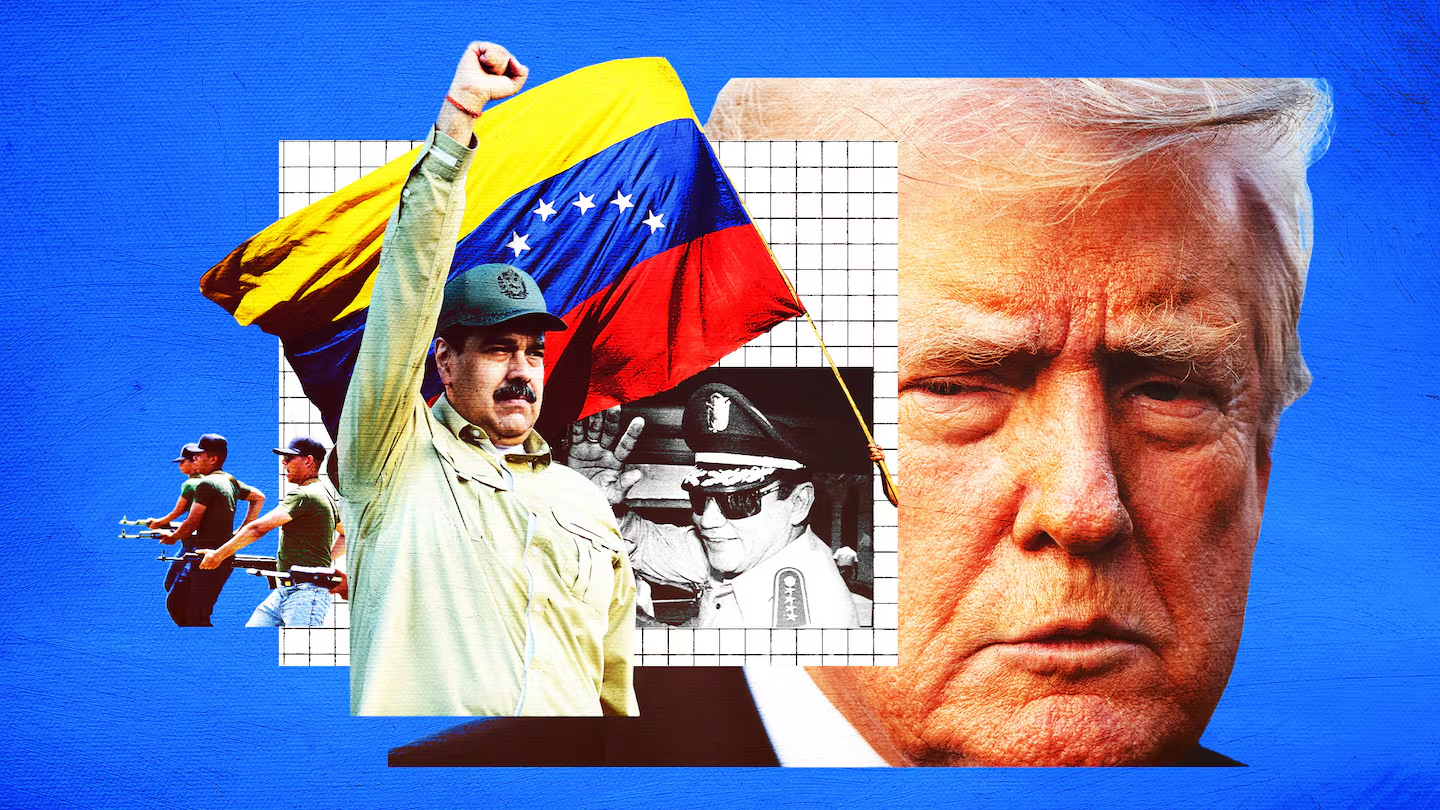

6 Responses
Well written. Engaging prose that lures one deeper into the story. It leaves one in suspense.
It is not the readers problem that we do not know Andy Kawa. Or that we not familiar with the details of her tragedy.
The writer must tell and show us. Who is she. What happened? Where and When. How was she betrayed by the justice system.
The courts have arrived at a milestone decision. What is that decision. Has she been paid, how much. What is important about this decision for other women. For GBV cases.
These details that give meat to the story are missing
I am left with more questions than answers. I wish the beautiful writer answered basic questions.
Thanks Tshepo. You’ve carved out an experience that often remains invisible to an observer as we hustle through headlines with demoralizing dismissals. The resilience and insistence of Andy resonates with refusal to become a shadowed statistic of authority presentation. A demand of presence and acknowledgment. Thanks for webbing the hidden emotional and existential journey of Andy and her daughter Celi.
There is so much strength one can draw from A&C resilience to keep going. They have proven that one can choose to be a victim or be victorious. You strike a woman, you strike a rock. God is our only healer to the broken hearted and through him we can restore our strength. 🙏
There is so much strength one can draw from A&C resilience to keep going. They have proven that one can choose to be a victim or be victorious. You strike a woman, you strike a rock. God is our only healer to the broken hearted and through him we can restore our strength. 🙏
There is so much strength one can draw from A&C resilience to keep going. They have proven that one can choose to be a victim or be victorious. You strike a woman, you strike a rock. God is our only healer to the broken hearted and through him we can restore our strength. 🙏
Yes, this is a well written story & the details harrowing & heart wrenching. Simply google “ What happened to Andy Kawa?” and you will find the details.
A big thank you to Andy & Celi for their resilience, tenacity & bravery against a crime which should not have happened to begin with. When did it become a crime to walk along a beach? A day of leisure turned into a nightmare which was relived over & over again for a decade & an half of seeking justice, after being accosted by 3 guys who brutally raped her & kept her captive for a 15 hours.
Andy’s story lays bare the continuous pain of many GVB survivors, some of whom choose to report the heinous crime & some choose NOT to because of the secondary & multiple trauma of seeking justice, Andy’s case being one of many, many & many more others.
SAPS is mostly renowned for NOT protecting its citizens, but treat people reporting crime as if they are a nuisance.
Thank you Andy & Celi for highlighting this & thank you for standing up for yourselves & many silent survivors. 🙏🏽🙏🏽🙏🏽🙏🏽🙏🏽
#Andy&Celi
#MBOKODO
#Right to justice
#Right to live
#Right to freedom